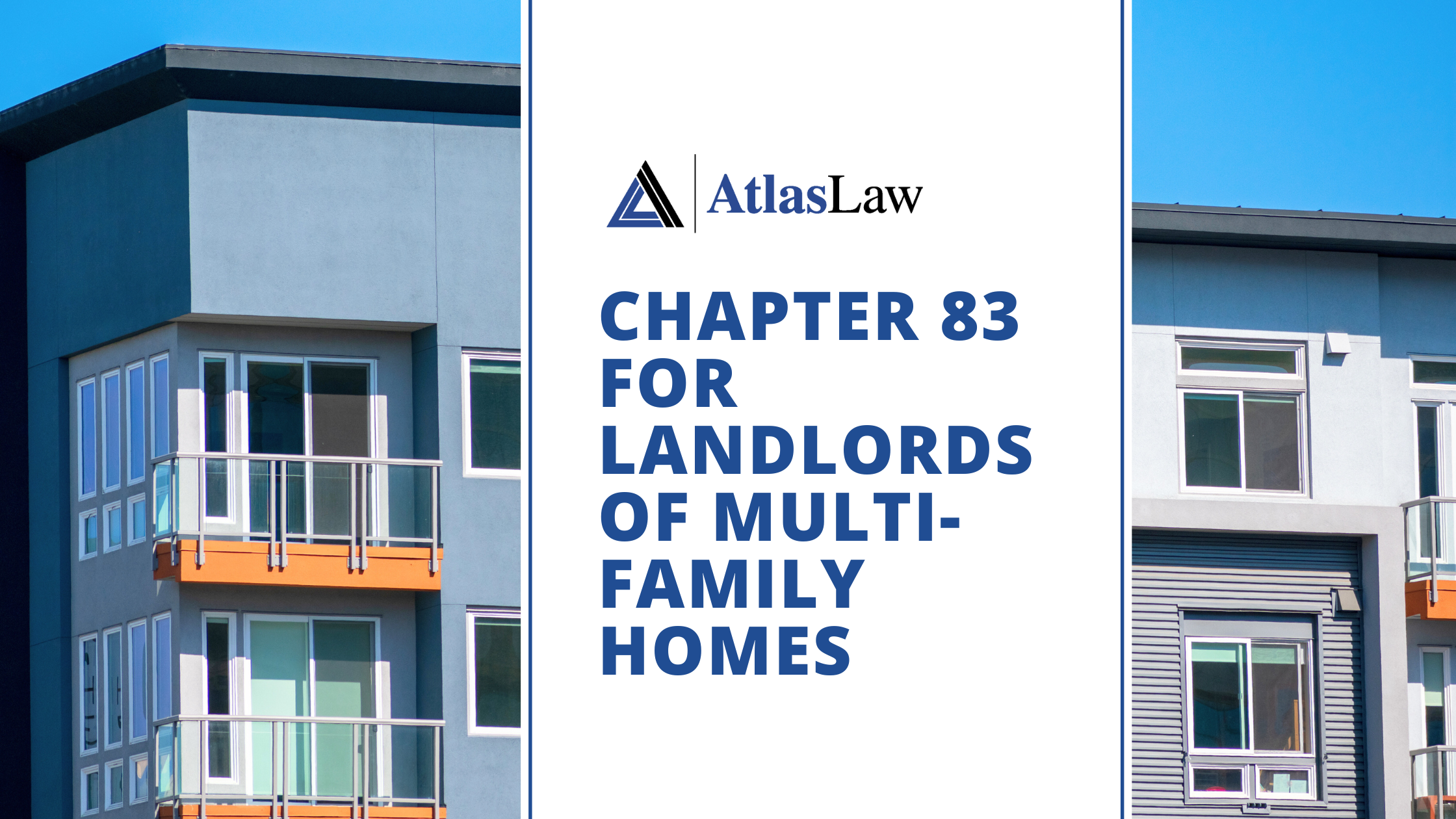Chapter 83 for Landlords of Multi-Family Homes

If you’re considering investing in a multi-family rental property, you must become familiar with Chapter 83 of the Florida Statutes. It’s a critical piece of legislation for anyone managing rental properties, particularly those overseeing multi-family units. This section of law spells out the rules around residential tenancies, covering everything from lease agreements to evictions. For landlords and property managers, understanding these regulations is not just beneficial—it’s necessary for running a smooth operation and ensuring the rights of both parties are respected.
Lease Agreements: The Foundation of Tenancy
At the heart of any landlord-tenant relationship is the lease agreement. This document outlines the terms under which the tenant will occupy the property. For those managing multi-family properties, such agreements come with their own considerations. They must clearly define how common areas can be used, what the noise policies are, and who is responsible for maintenance. This clarity is vital. It helps prevent misunderstandings and gives both parties a clear legal reference point should disputes arise. Ensuring these agreements are comprehensive and clear is the first step in effective property management.
Security Deposits: Protecting Property and Rights
Security deposits are another key area governed by Chapter 83. These funds are collected to cover potential damages or unpaid rent, providing a financial safety net for landlords. The law sets out strict guidelines for how these deposits should be handled, including informing tenants where their deposit is being held and documenting the property’s condition both at move-in and move-out. This is particularly important in multi-family settings, where the high turnover and shared living spaces can lead to disputes over these deposits. Following these procedures not only protects the landlord’s property but also upholds the tenant’s rights.
The Eviction Process: Legal Steps for Resolution
Eviction is a last resort measure when tenants breach their lease terms. Chapter 83 outlines the necessary steps and documentation for carrying out a legal eviction. The eviction process can be more complex for multi-family properties due to the close living conditions and tenant interactions. Landlords must follow the legal process meticulously, ensuring any eviction is carried out fairly and lawfully. This careful approach helps minimize legal risks and maintain a positive environment for the remaining tenants.
Distinctions for Multi-Family Properties
Managing multi-family properties requires a tailored approach to meet these settings’ specific legal and operational challenges. The close quarters can amplify issues like noise complaints or misuse of common areas, necessitating proactive management and clear communication. Understanding the legal requirements specific to multi-family units under Chapter 83 is crucial. It enables landlords to address these challenges effectively, ensuring they meet their legal obligations while maintaining a harmonious living environment.
Your Partner in Protecting Your Property
Adhering to the legal framework and implementing best practices in tenant management enables landlords to safeguard their investments. Ensuring the well-being of their tenants and maintaining peaceful, thriving communities is the key to profitability. Accomplishing this requires the support of a knowledgeable legal team. Atlas Law is dedicated to guiding landlords and property managers through important regulations. If you want to understand your rights and responsibilities under Florida law, schedule a consultation with us today. Let us help you manage your multi-family property with confidence.


